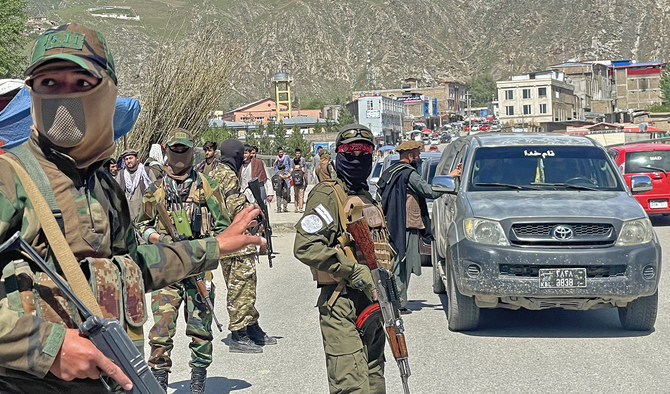The U.S. watchdog overseeing aid to Afghanistan has stated that the Taliban have no legal claim to billions of dollars in Afghanistan aid funds. The group remains unrecognized as the country’s government and is under sanctions, making it ineligible to access the money.
The latest report, released on Friday by the Special Inspector General for Afghanistan Reconstruction (SIGAR), suggests that former President Donald Trump’s administration and Congress should consider returning nearly $4 billion to U.S. custody. This amount was originally allocated for Afghanistan but has remained largely untouched.
In 2022, the U.S. transferred $3.5 billion from previously frozen Afghan central bank assets to a Switzerland-based fund called the Fund for the Afghan People. Since then, the fund has grown to nearly $4 billion. However, no payments have been made to benefit Afghans directly. The fund was designed to stabilize the Afghan economy and provide financial security, but its future remains uncertain.
According to SIGAR, the Taliban are demanding access to these Afghanistan aid funds despite their lack of legal entitlement. The report highlights that the U.S. does not recognize the Taliban as the legitimate government of Afghanistan. Additionally, the group is listed under the U.S. Specially Designated Global Terrorist category and faces both American and U.N. sanctions.
The report comes amid Trump’s decision to freeze foreign aid for 90 days while conducting a policy review. SIGAR revealed that since the U.S. withdrawal from Afghanistan in 2021, nearly $3.71 billion has been spent on aid, most of it funneled through U.N. agencies. An additional $1.2 billion is still available for potential disbursement.
While U.S. assistance may have helped prevent famine, the Taliban continue to engage in activities that raise concerns. The watchdog noted that the group has taken Americans hostage, imposed harsh restrictions on women and girls, censored the media, and provided a safe haven for terrorist organizations. Former Afghan government officials also remain targeted under Taliban rule.
Despite these issues, the U.S. remains the largest donor to Afghanistan. However, SIGAR warned that much of the Afghanistan aid funds face taxation or diversion. Chris Borgeson, the deputy inspector general for audits and inspections at SIGAR, stated last August that transparency decreases as the money moves further from its original source.
The future of U.S. assistance to Afghanistan remains uncertain, as concerns grow over how these funds are managed and whether they truly reach the Afghan people in need.


